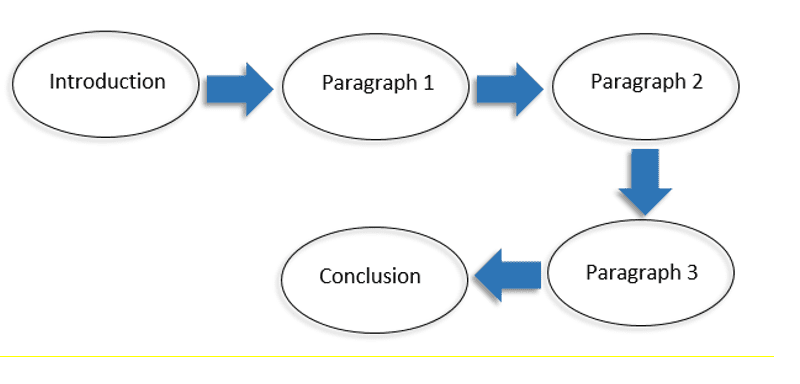It is important to always plan every essay or piece of writing that you undertake. A sufficient plan leads to an effective structure and content. With a plan, your writing appears concise and to the point; without one, you risk your writing appearing inconsistent and confusing.
In the exam, make sure you plan and have enough ideas to keep you writing for the full hour that each section requires. It is advised that you spend no more than five minutes planning each essay.

There are a few techniques you can adopt when planning your essay. Bullet points, for example, are a good technique when planning and will not take up too much time. However, some students prefer to be more creative and create mind-maps for a plan as they find this an easier way to organise their thoughts. However, mind-maps can take up more time than bullet points so if you do decide to use this planning technique for your exam be sure to be brief in the individual sections of the mind-map. Look at the mind-map provided below as an example (only the headings of the paragraphs are included; you would have to fill this out depending on the specific question of the essay and your response to it):

Planning is an important step to organising your work. Other important aspects are being able to write paragraphs effectively – this involves using the technique of a topic sentence which we covered in Unit 1 – and also using connectives (or, in other words, conjunctions) to make sure that each paragraph follows on from one another.
In Section B, you will be asked to complete one writing task and to use ideas contained within Text One and Text Two of Section A. This writing task could ask you to write a story, a letter, a magazine/newspaper article, a diary/journal entry, a script or an advertisement; the exam board could get you to write almost anything so you must be prepared and aware of the basic techniques for each of these forms of writing. Whatever you are asked to write in the exam, make sure you use a wide range of literary devices, sentence types and paragraph lengths and the correct use of grammar, punctuation and spelling – this is imperative in gaining a decent mark.
In the next few chapters, we will discuss the different forms of writing, their features and how you can use this knowledge when you are asked to write your own texts.



